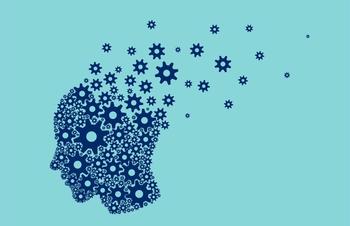
Interim study results show 77% treatment response rate among participants.

Interim study results show 77% treatment response rate among participants.
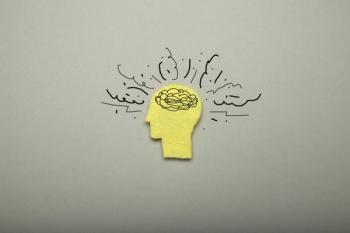
Investigators observed higher levels of depression in children and adolescents with ADHD during MPH treatment.
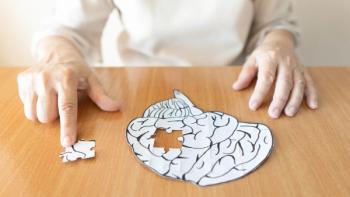
Top-line data for study is expected in late 2022, early 2023.
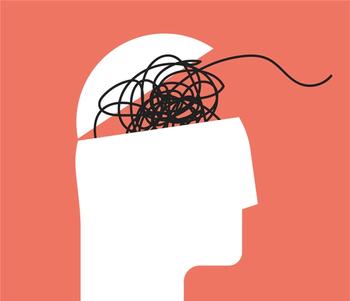
Approval comes 1 year after the drug was approved for the treatment of ADHD in children and adolescents.

The warnings cite consumer risks, as well as FD&C, RHA violations.

Here are a few reminders to help avoid both toxicity and loss of effectiveness.

Research is underway to make psychedelics agents a treatment option for psychiatric disorders.

Research also finds surprising results in patients with bipolar affective disorder.

Results highlight the impact of education on patient understanding of potential adverse events.
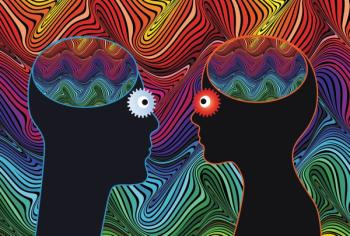
Drug comparison has significant implications for dose- and substance-dependence.

Parenteral ketamine is commonly used to manage agitation that is deemed severe and obstructive to necessary medical evaluation and treatment. But what does this suggest about the relationship between medicine and society?

How can psychopharmacologists effectively (and safely) prescribe stimulants to patients with ADHD who may be using psychoactive substances?

If approved, this will be the fourth indication for the drug, joining its approvals for episodes associated with bipolar I disorder and schizophrenia.

Apetamin has been promoted worldwide as a weight gain supplement—but what are the dangers of misuse?

Is sustained treatment with clozapine safe during the COVID-19 pandemic?

In this CME article, familiarize yourself with various pharmacokinetic, pharmacodynamic, and patient-specific factors to review to develop a successful cross-titration plan from one antipsychotic to another.
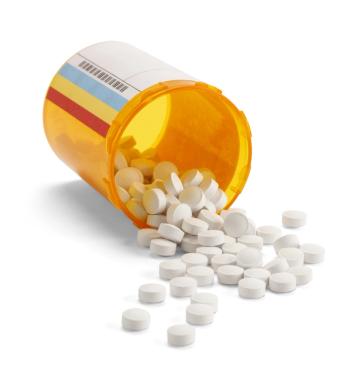
SrLCs include sexual dysfunction and special considerations for pediatric and geriatric populations.

OCD is highly comorbid and warrants consideration in difficult to treat cases. Learn more here.

Put treatment resistance in perspective with Sheldon H. Preskorn, MD.

Psychiatric Times featured a wide variety of psychiatric issues in this year’s CMEs.

Caplyta is now FDA-approved for depressive episodes from bipolar I and II.
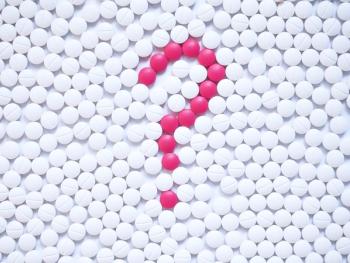
The importance of specifically defining a drug’s mechanism as partial agonism or antagonism/partial agonism for better clinical outcomes.

Some psychiatric medications that can trigger Torsades de Pointes (TdP), a potentially fatal polymorphic ventricular tachycardia that arises during abnormal ventricular repolarization. Are you aware of the risk factors that increase risk of TdP?

Microdosing at “Tranquillum House,” and its implications for real-world experimental psychopharmacology.

Results suggest that psilocybin therapy may prove to be helpful in improving quality of life for patients with cancer.